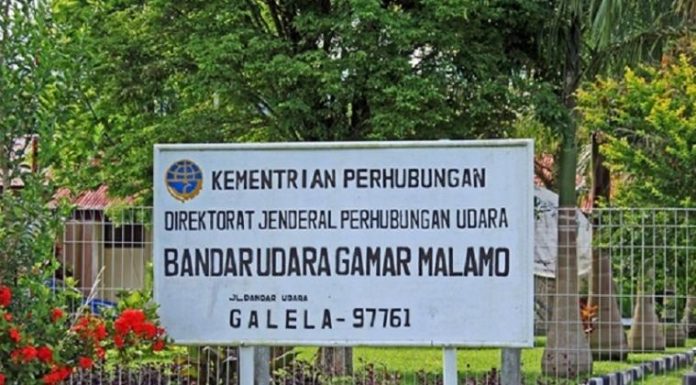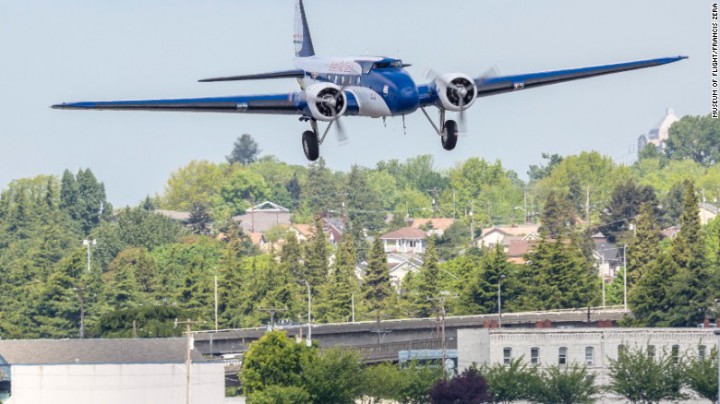Gamarmalamo Airport in North Halmahera, North Maluku Indonesia still closed, after the local authority extending the flight ban to and from the airport due to increased activity Dukono.
“The closure of the airport extended until (11/8) today, 11:00 [LT], but if the volcanic ash Dukono activity increases, the airport closure extended stays,” said Head of Sub Section of Technical Operations Security and Emergency Airports, Airports Gamarmalamo, Salihin Ence when contacted of Ternate on Thursday.
He said, the wind direction NNW cause Dukono volcanic ash spread toward the airport and very dangerous to aircraft flight safety.
Meanwhile, from the observation of the Center for Volcanology and Geological Hazard Mitigation (PVMBG) against Dukono craters visible smoke is white, gray, brown, with moderate to heavy volume.
Moreover, the air pressure was observed weak and smoke high ranges of 600-900 meters from the summit crater to the north northwest.
In addition, according to a report PVMBG, rumble by volume weakness, tremors also occur constantly with a dominant maximum amplitude of 4 to 26 mm while the status remain alert level II.
The volcanic activity is still unstable and is predicted to continue eruption in the next few days. In that status, the communities around Dukono or climbers are not allowed to enter the area within a radius of 2 kilometers from the crater Dukono.
Earlier, Officer Disaster Management Agency (BPBD) North Halmahera (Halut), distributing masks and remind the public about the dangers of ISPA.
Head of Emergency and Logistics BPBD Halut, Lexy Noya when contacted separately, said that during the four days, a total of 12,000 pieces of masks were distributed to residents and road users that pass for free.
He said the division masks concentrated in strategic locations in a number of villages in the district of North Tobelo, Galela District, district and sub-district Galela Galela Western South.
“The division of this mask in response to public complaints against interference Diseases Acute Respiratory Infections (ARI) by using a mask will reduce the risk of respiratory infection.









